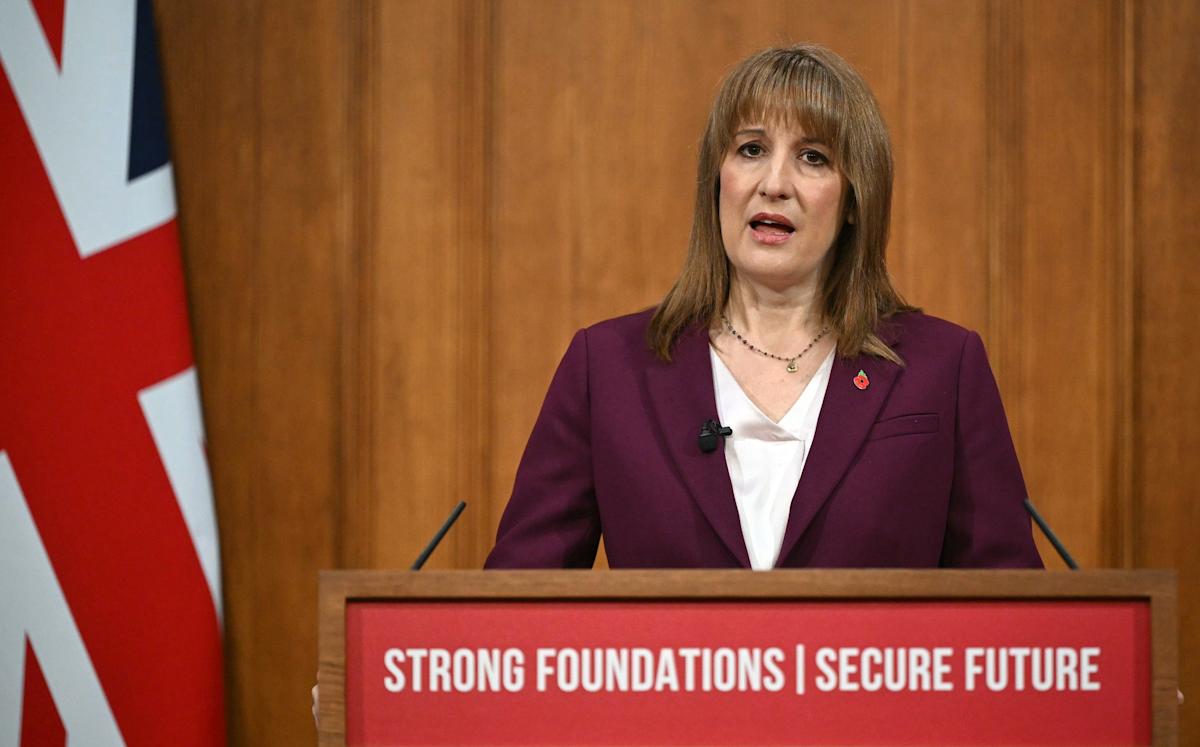Labour warned property tax raid will push up cost of family homes
A Labour tax raid on upmarket homes risks pushing up property prices and stalling middle-class families on the housing ladder, a major British housebuilder has warned.
Jennie Daly, the chief executive of Taylor Wimpey, said a tax assault from Rachel Reeves, the Chancellor, in her Budget next week would distort the property market and price out families looking to upsize.
The warning comes as new data Monday showed that Budget speculation over a potential tax raid and rumoured stamp duty changes had weighed on the sales of the UK’s most expensive homes.
Sales agreed for homes worth over £2m have fallen 12pc year-on-year.
Fears have risen that Ms Reeves will target upmarket homes in her Nov 26 Budget as part of a bid to plug a multi-billion pound hole in the public finances – but Ms Daly said more complexity will send a chill through the market.
“It would certainly have a negative impact, even if it was only in a particular part of the market,” Ms Daly said. “To increase demand you need to un-lever the housing market, not add uncertainty or more cost.
“You’ve got to remember that housing has a really important role to play in economic and social mobility, so the creation of these potential [policies] can be highly distortive.”
Ms Daly – who is understood to have attended a business event hosted by Sir Keir Starmer, the Prime Minister, at Downing Street last week – said increases to stamp duty paid can also lead to “cliff edges” for families looking to sell. Because they tend to avoid pricing homes at or around the stamp duty cut-off, prices skip that level and start at a higher point, she said.
Ms Reeves is widely expected to change the UK’s property tax system next week to target higher value homes. This could include a surcharge on council tax paid on homes in the highest three bands of property values.
This surcharge, worth £600m, would be imposed on hundreds of thousands of upmarket homes that will mainly hit families based in London and the South East.
People may be allowed to defer paying the new tax until they move house or after they die – but this means some families would be hit with another layer of inheritance tax when their loved ones die, on top of the existing 40pc death duty.
Lucian Cook, from estate agents Savills, said: “The increase would affect a wider part of the electorate than perhaps intended.
“In the event of a revaluation, the liability would become even more focused on London and the South East, particularly London, because that is where you’ve had the highest house price growth.”
The industry warnings came as figures from Rightmove showed that agreed sales for homes priced between £500,000 and £2m have declined by 8pc.



Leave a Comment
Your email address will not be published. Required fields are marked *